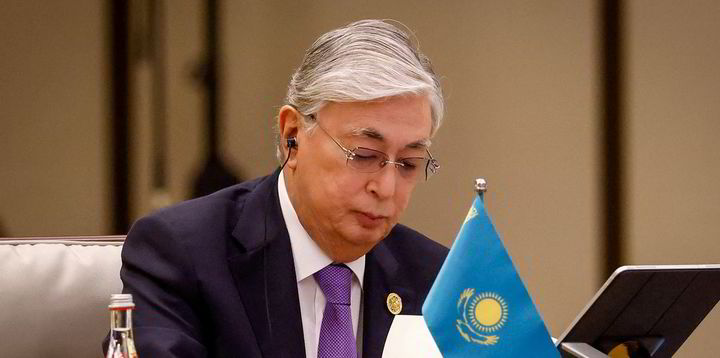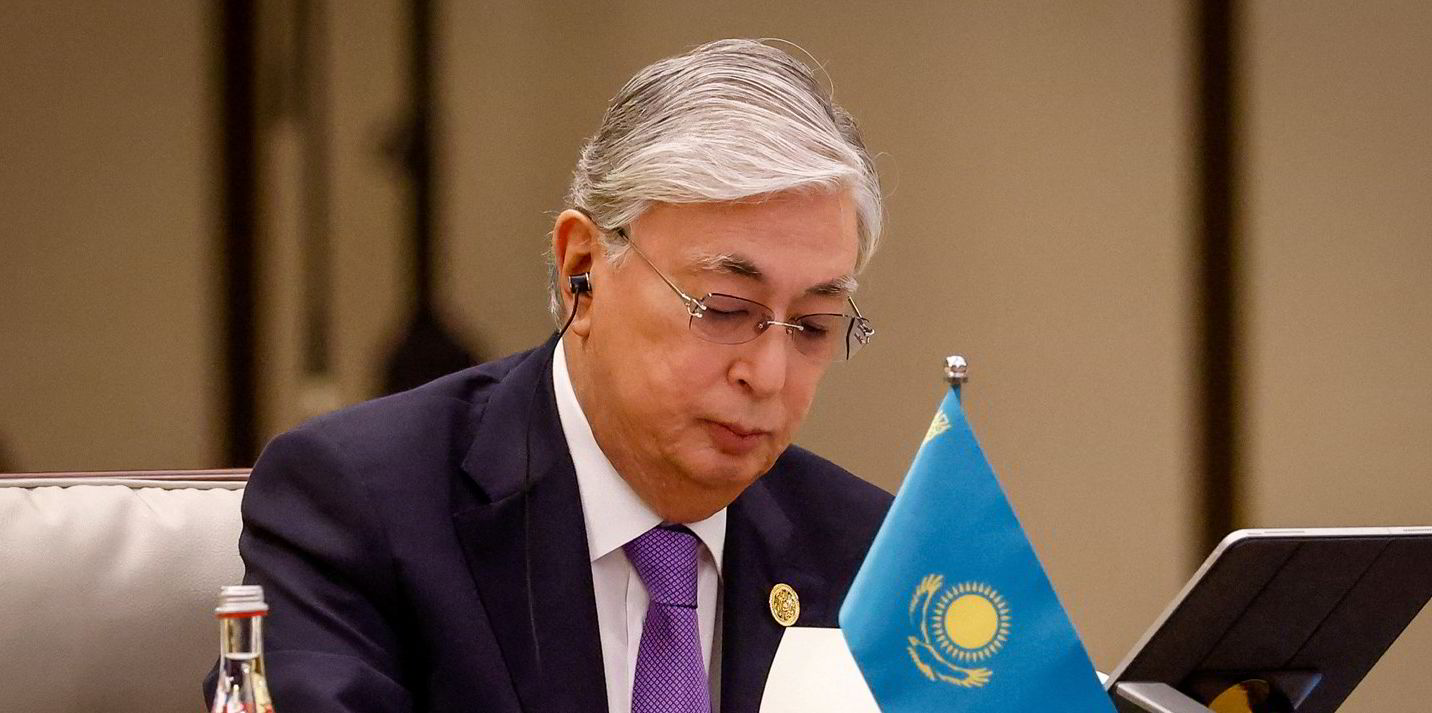Two Kazakhstan state run companies, KazMunayGaz and Qazaqgaz, have signed hydrocarbon cooperation memoranda with two of China’s biggest players, China National Petroleum Corporation and Sinopec, to grow supplies to the country while explore greenfield opportunities in Kazakhstan.
The announcement of the agreements followed a visit by President Kassym-Jomart Tokayev to the Chinese city of Xi’an together in a hastily arranged Central Asia summit, hosted by Chinese President Xi Jinping.
The two-day event held this week and attended by the leaders of Kazakhstan, Kyrgyzstan, Tajikistan, Turkmenistan and Uzbekistan, was meant to rejuvenate the ten-year old Belt and Road Initiative, a foreign policy initiative whereby Beijing invests in the development of resource-rich countries to stimulate their economic ties with China.
According to KazMunayGaz, the memorandum with CNPC calls for both countries to consider joint exploration and oil refining and marketing projects, and the “study of options to increase exports of oil to China via an existing route”.
Quick upgrade
In comments at the summit, KazMunayGaz executive chairman Magzum Mirzagaliyev said he hoped the agreement would lead to the upgrading a legacy oil pipeline that runs from Kenkiyak in central Kazakhstan to the country’s de facto oil capital of Atyrau in the west.
The 450-kilometre Kenkiyak–Atyrau pipeline was commissioned in 2003 with the goal of delivering oil westwards from central Kazakhstan to Atyrau, where it could flow to international markets via existing transit links with Russia and the Caspian Pipeline Consortium.
Article continues below the advert
According to its earlier estimates, KazMunayGaz may be capable of doubling the throughput capacity of the link to 250,000 barrels of oil per day to support the flow of oil from Atyrau eastwards to Kenkiyak, and to do so at a cost of $200 million.
After reaching Kenkiyak via this connector, oil from country’s three largest developments in its west — Tengiz, Kashagan and Karachaganak — could use a modern link between Kazakhstan and China provided by the Atasu–Alashankou pipeline, with throughput capacity of about 420,000 bpd.
Kazakh oil exports to China via the Atasu–Alashankou line have been running at between 21,000 and 42,000 bpd in recent years, Mirzagaliyev said.
Kazakh oil pipeline operator KazTransOil recentlyextended the Russian oil transit dealto China until 2034, despite western pressures on Kazakh authorities to revise country’s ties with Russia that remains under international sanctions for its invasion in Ukraine.
Mirzagaliyev said that the upgrade works at the Kenkiyak–Atyrau pipeline may start next year and should be completed within the period of between two to three years.
The eastward flow in the pipeline reflects Kazakh efforts to reduce its dependence on Russia as transit country that handles over 95% of Kazakh oil export deliveries.
Exploration plans
Additionally, KazMunayGaz inked an agreement with Sinopec to form a joint venture to explore 17 promising hydrocarbon blocks in Kazakhstan.
The company said that in the event of commercial discovery, the two countries may apply to the government to sign an agreement with authorities to move into development phase.
Sinopec was the only foreign company to expressed an interest in obtaining exploration and development rights for blocks offered by Astana over the last two years, with domestic industry players dominating the proceedings.
Kazakh gas pipeline operator and producer Qazaqgaz also said that it has signed a memo with CNPC to consider joining efforts in exploration projects.
It added that both companies will work to grow Kazakh gas supplies to China.
The prospect of higher upstream investment raises expectations that Qazaqgaz expand the existing gas pipeline system known as Beyneu–Bozoy–Shymkent. This route extends for about 1500 kilometres and links with the west of the country with its south.
Tokayev’s promise
Speaking at the summit, Tokayev acknowledged Kazakhstan has been slow to strengthen ties with China compared with western states and with Russia, but is now prepared to do more.
Kazakh news agency KazTag quoted Tokayev as saying since the country declared independence in 1991, China provided 23 billion in the total foreign investments of $350 billion that flowed into Kazakh oil and gas projects and other industries.
However, memoranda signed in Xi’an, may bring add another $22 billion in Chinese investments in the country, Tokayev pointed out.
Tokayev seemed keen to distance his country from Russia in the wake of the Ukraine war, but relations have been ambiguous.
He has insisted that Kazakhsan remains a good “partner” to Moscow but has been actively looking for alternative oil export routes that do not involve crossing Russian territory.

